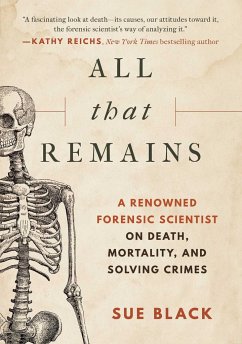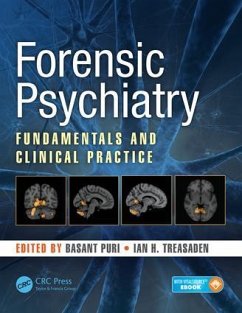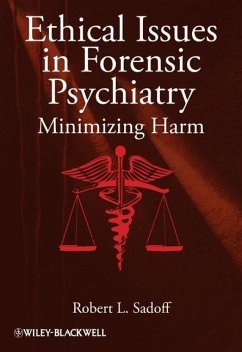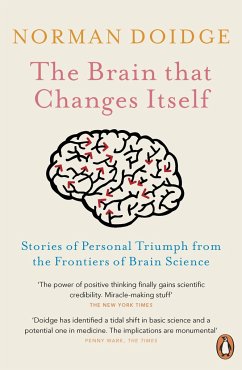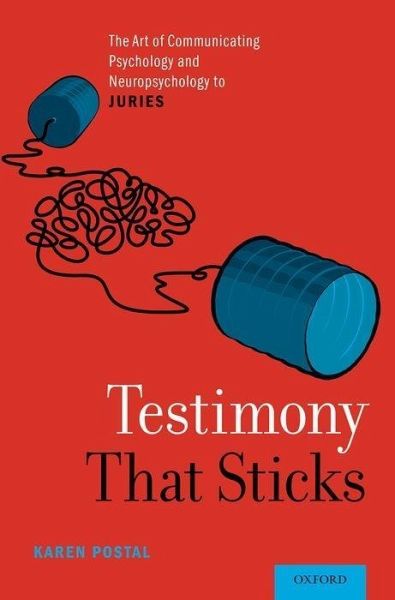
Testimony That Sticks
The Art of Communicating Psychology and Neuropsychology to Juries
Versandkostenfrei!
Versandfertig in über 4 Wochen
85,99 €
inkl. MwSt.
Weitere Ausgaben:

PAYBACK Punkte
43 °P sammeln!
Following the success of Feedback That Sticks (Oxford, 2013), Karen Postal demonstrates, through the words of forensic experts, how to translate complex, highly technical neuropsychological and psychological information for jurors in a way that is engaging, understandable, and (quoting Faulkner) sets the truth on fire. Testimony That Sticks shares the fruits of four years of in-depth interviews with over 70 forensic neuropsychologists and psychologists, aswell as attorneys and judges, presenting what experts say on the stand: how they use compelling analogies, metaphors, and succinct explanati...
Following the success of Feedback That Sticks (Oxford, 2013), Karen Postal demonstrates, through the words of forensic experts, how to translate complex, highly technical neuropsychological and psychological information for jurors in a way that is engaging, understandable, and (quoting Faulkner) sets the truth on fire. Testimony That Sticks shares the fruits of four years of in-depth interviews with over 70 forensic neuropsychologists and psychologists, aswell as attorneys and judges, presenting what experts say on the stand: how they use compelling analogies, metaphors, and succinct explanations of assessment processes and findings, and principles of productive expert testimony for direct and cross examination.





